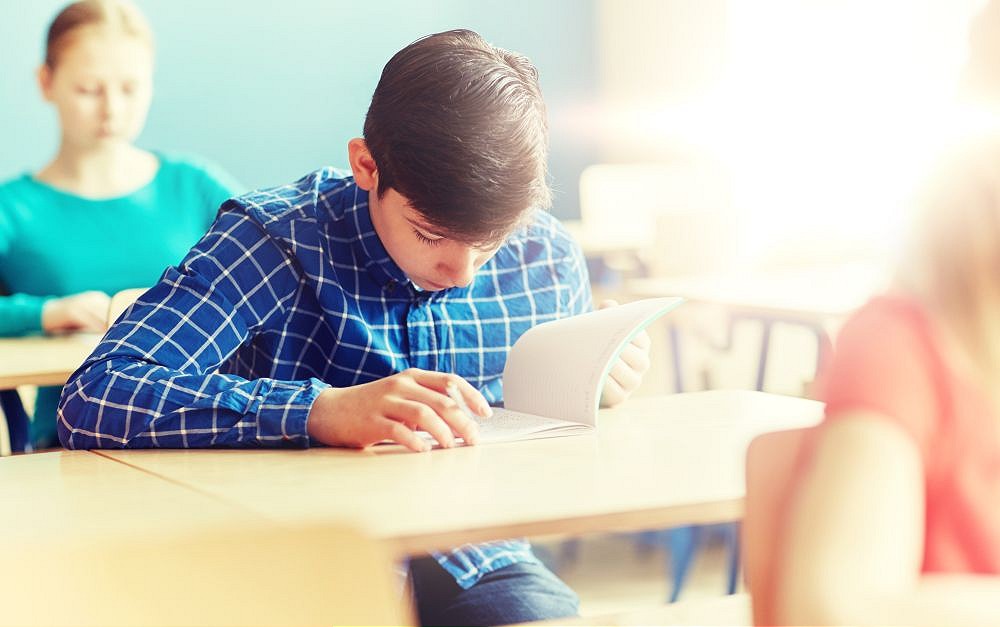Lost Children of COVID
Newly Discovered Struggles in the Classroom May Actually be Delays Due to COVID-19
Has the pandemic affected children’s communication abilities?
The COVID pandemic disrupted life in unimaginable ways for more than two years. As things
return to normal, evidence is emerging that the pandemic has impacted children’s ability to
learn and communicate in the classroom, especially among the youngest learners.
This group of beginner students are now entering classrooms for the first time, experiencing
delayed in-person learning, as well as in-person interaction. For some, this is the first time
they’ve had to engage with peers, answer questions, collaborate, and successfully complete
tasks such as reading aloud. Even those who are older now have less experience.
While some children may still accomplish these tasks with ease, others may appear withdrawn
or shy. In certain cases, this behavior may not actually be personality based. Rather, it could
indicate a child is struggling to communicate.
Changes to Academic Benchmarks due to COVID
COVID’s impact on students’ academic growth is documented. A national reading assessment
given to third and fourth graders discovered that normally expected oral reading fluency largely
stalled in Spring 2020 when schools nationwide abruptly closed. When these students returned
to the classrooms, overall oral reading fluency improved, but not to the expected benchmark
levels for where the students should have been.
A similar negative impact occurred in math, affecting all geographic and demographic student
groups at these grade levels. Learning is starting to rebound since students were able to return
to normal classroom settings, but these students remain impacted.
In all subject areas, while many children participated in virtual school, they lacked the ability to
work with teachers in person, communicating questions and listening for answers in a live
classroom setting.
Why are children having new communication development issues?
In February 2022, the Centers for Disease Control and Prevention lowered childhood
development milestone expectations, including the number of words that children should learn
by 30 months of age. This conflicts with the American Speech-Language-Hearing Association
guideline that saying fewer than 50 words at the age of 24 months is the sign of a language
problem. But children who aren’t meeting these milestones may not have a learning or hearing
disability, rather these delays may be due to the COVID pandemic.
Babies and young toddlers become familiar with language and communication using lip reading,
which masks hampered during the COVID pandemic. Natural socialization and interaction at
daycares, playdates, and preschools, was also severe. Lacking this ability to exercise their
developing communication skills naturally, some children are exhibiting these delays in the
classroom.
Speech Therapy Helps Children with Communication Delays
Great Speech can help!
Children can be encouraged to communicate, whether it is with family, in the classroom, or
through active socialization with their peers. Speech therapists can also conduct an assessment
to see if there are other root causes of the delay, such as hearing loss or other developmental
issues. The speech therapist can identify goals and provide tools to help children gain the
communication skills needed for classroom success.
The earlier interventions occur, the more likely any communication delays can be resolved, and
consistency is key. Compliance and adherence to speech therapy is important in seeing results.
Schedule a free introductory call with Great Speech to discuss your concerns today.
